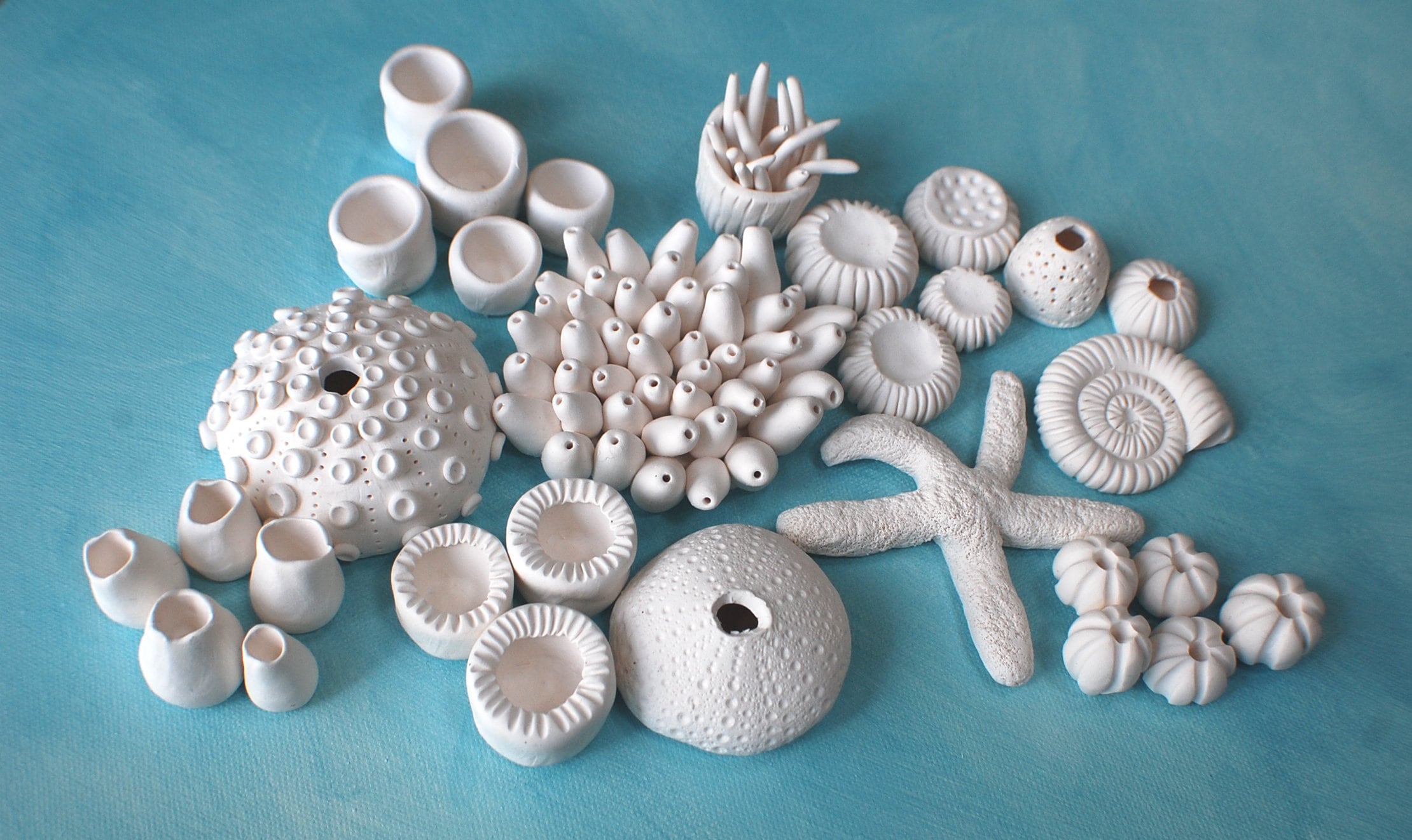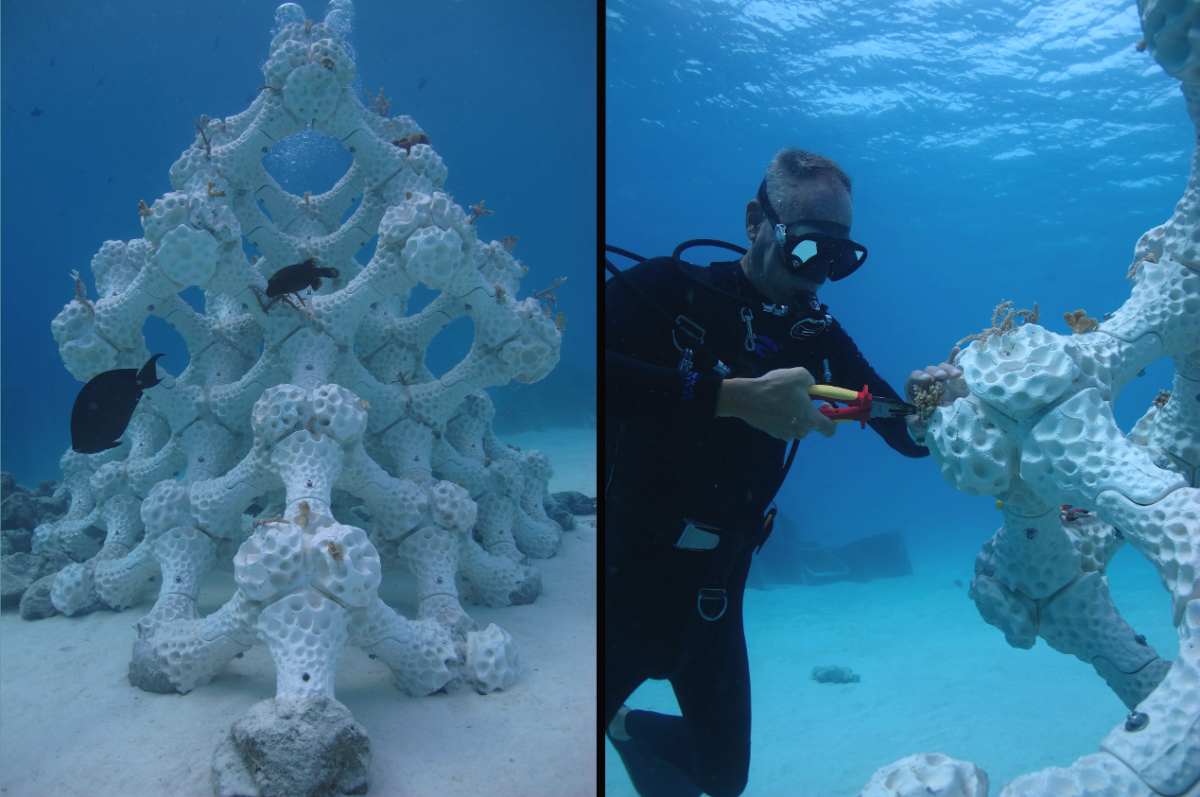Coral skeleton formation rate determines resilience to acidifying oceans
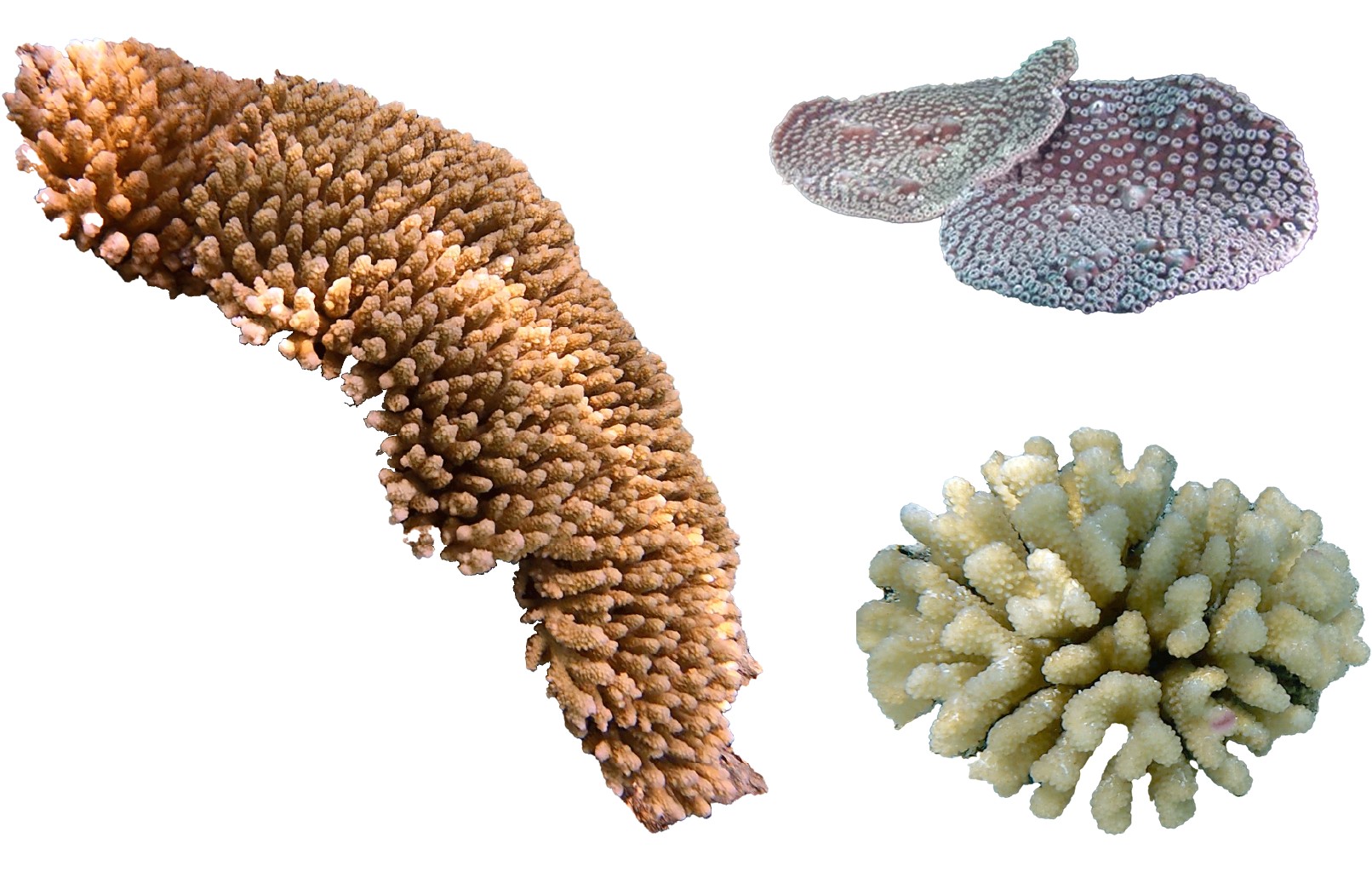
A new UW–Madison study has implications for predicting coral reef survival and developing mitigation strategies against having their bony skeletons weakened by ocean acidification.

Skeletal Growth Response of Porites Coral to Long‐Term Ocean Warming and Acidification in the South China Sea - Kang - 2021 - Journal of Geophysical Research: Biogeosciences - Wiley Online Library
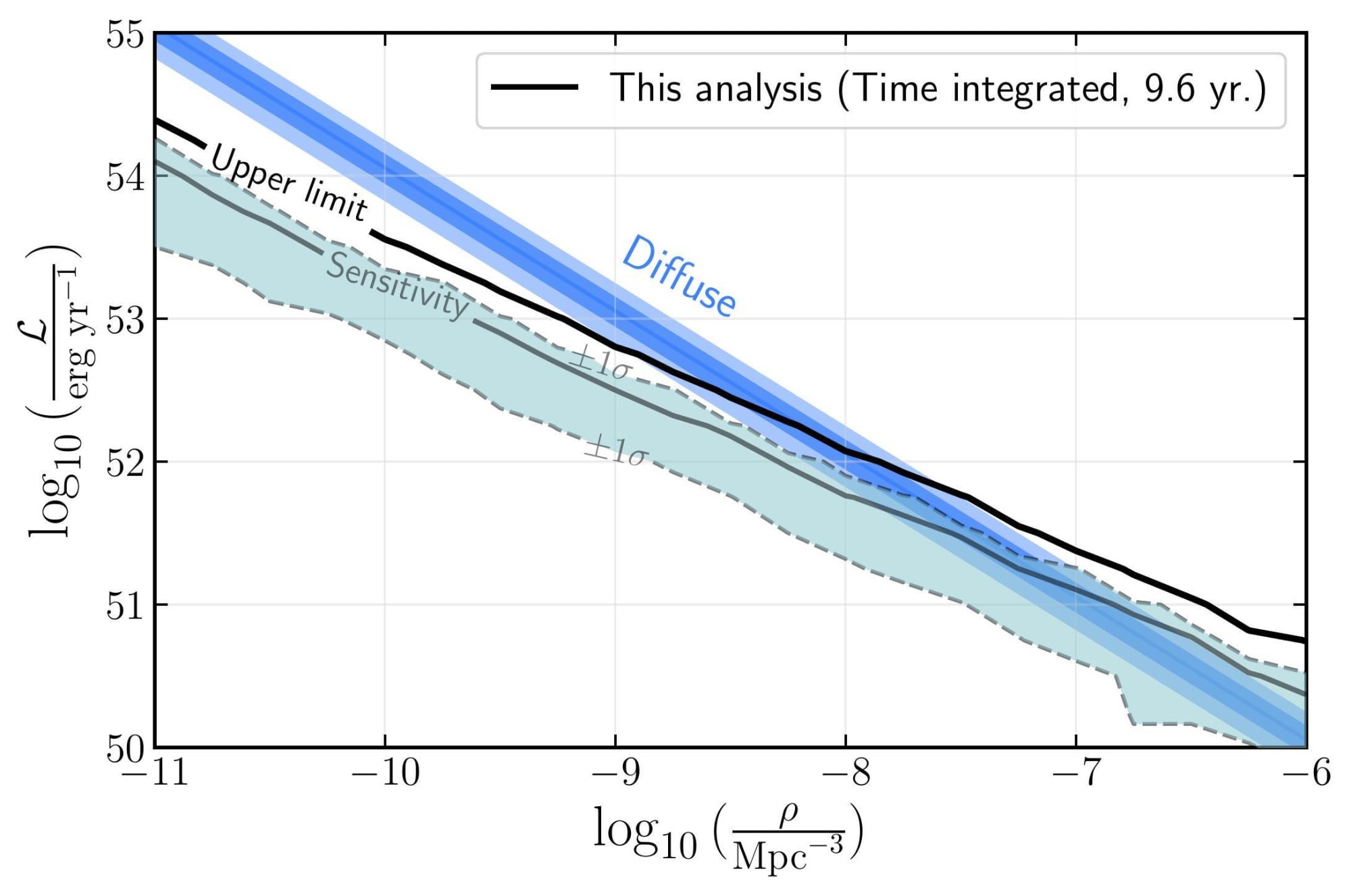
Graduate Students – Page 2 – Department of Physics – UW–Madison

Coral skeleton morphology in the four pH treatments imaged by micro-CT.
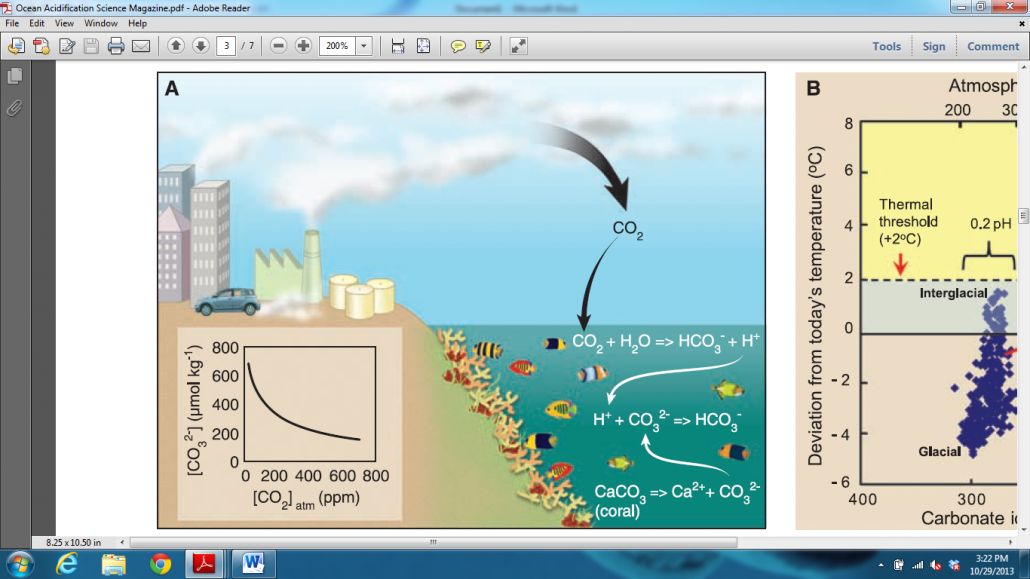
Coral Reefs and the Threat of Ocean Acidification – Shark Research & Conservation Program (SRC)

PDF] Ocean acidification affects coral growth by reducing skeletal density
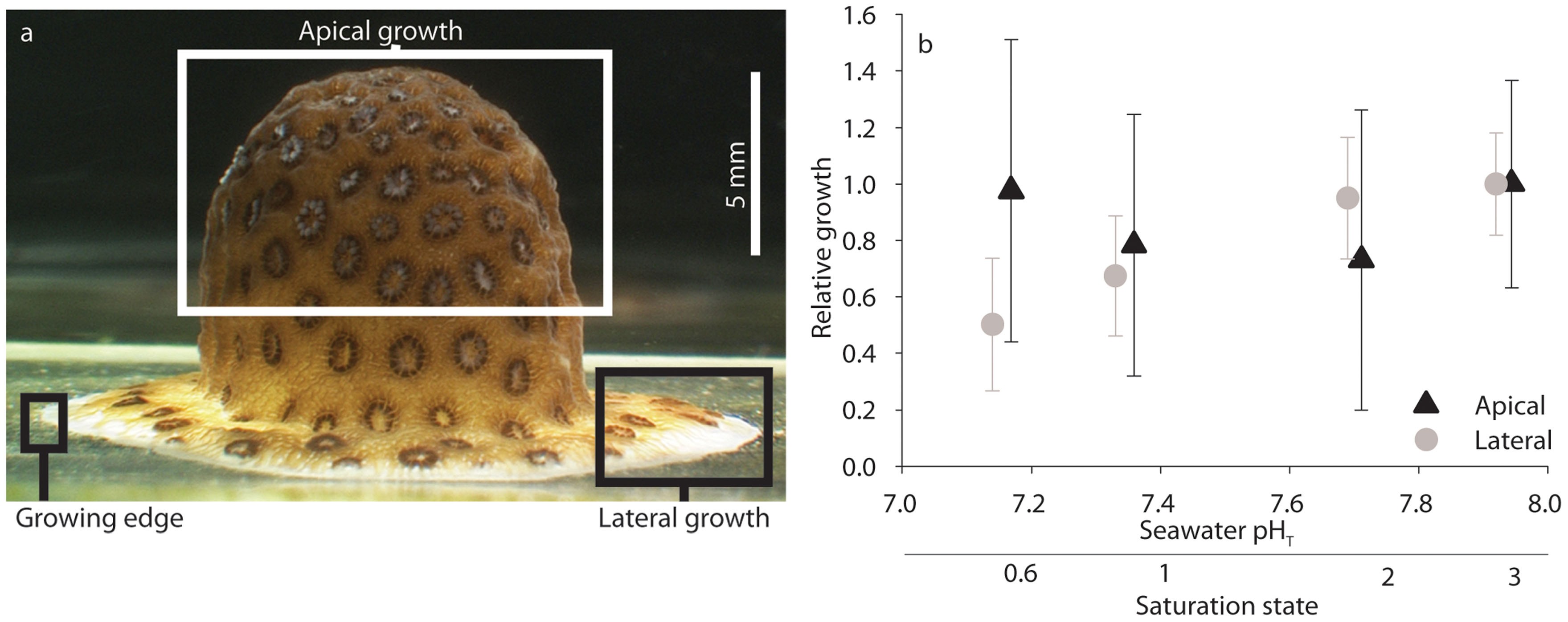
Coral calcifying fluid pH dictates response to ocean acidification

Graduate Students – Page 2 – Department of Physics – UW–Madison
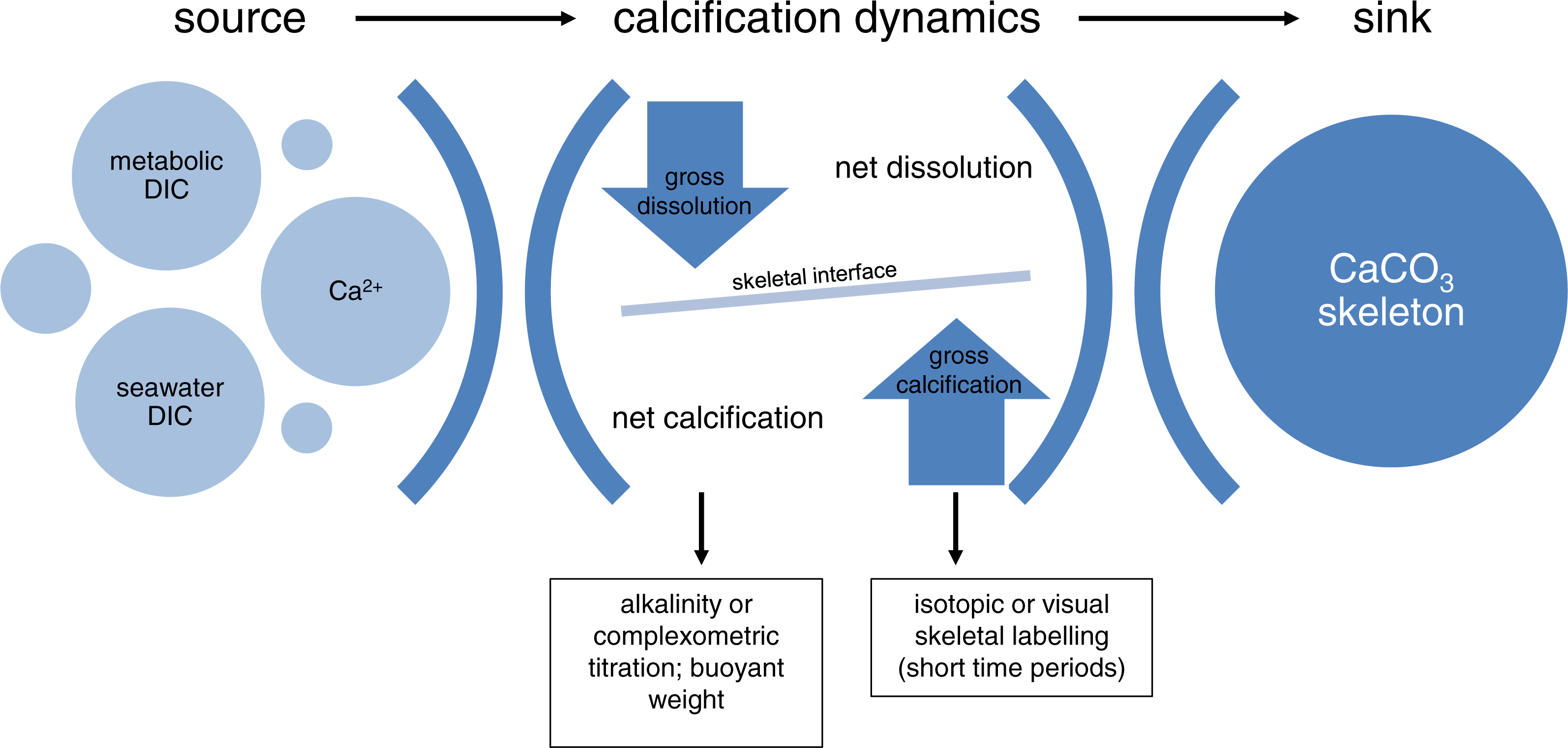
Measuring coral calcification under ocean acidification: methodological considerations for the 45Ca-uptake and total alkalinity anomaly technique [PeerJ]

Ocean acidification: summary for policymakers; third Symposium on the Ocean in a High-CO2 World

Coral reefs are critical for our food supply, tourism, and ocean health. We can protect them from climate change - MIT Science Policy Review
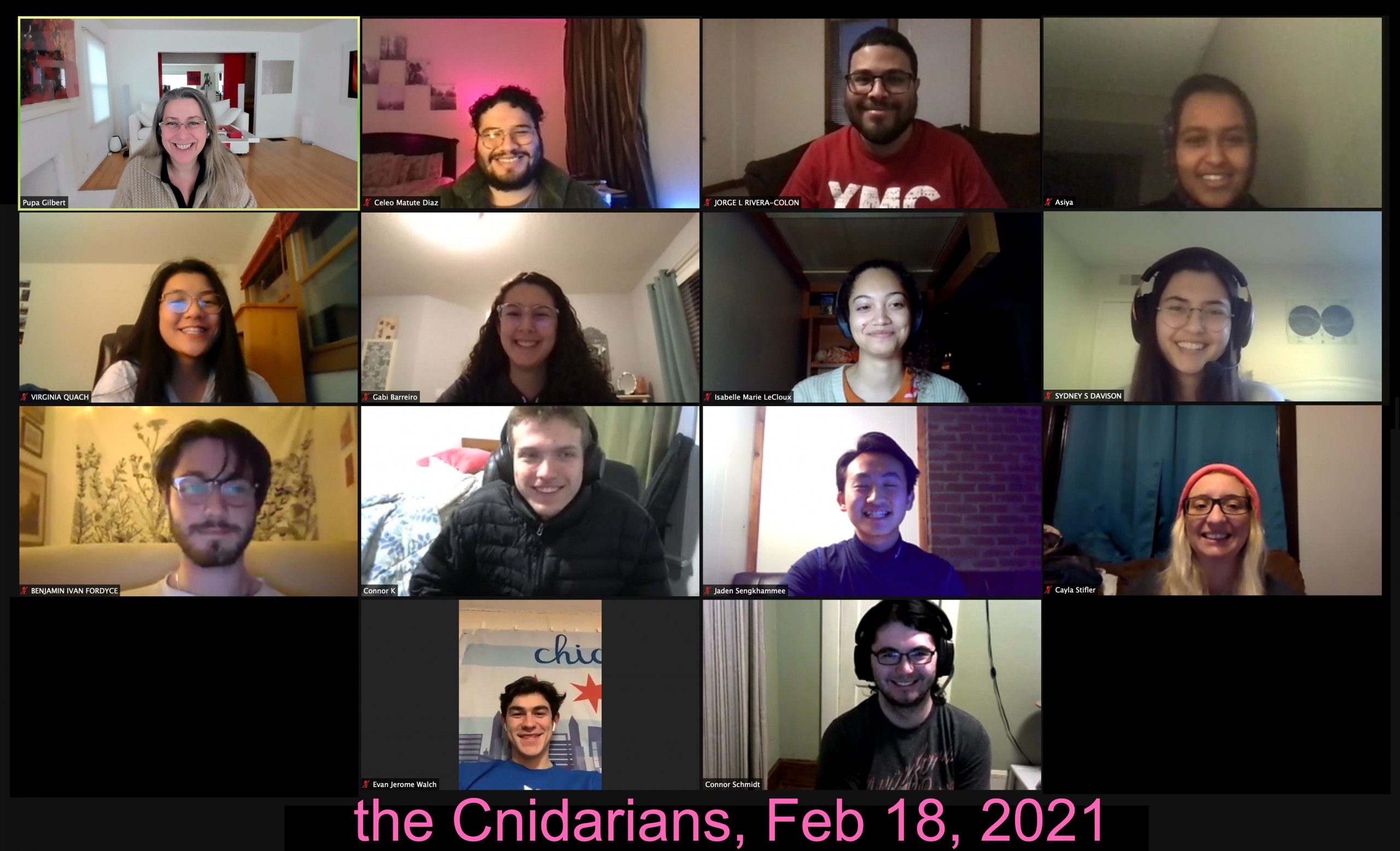
Coral skeleton formation rate determines resilience to acidifying

What medieval skeletons tell us about modern day pandemics
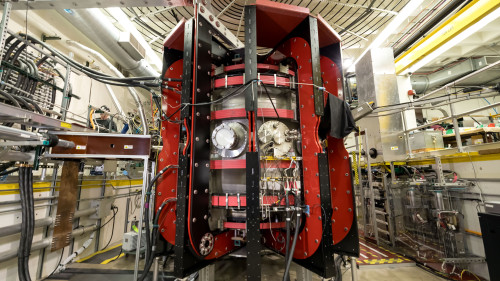
UW–Madison part of effort to advance fusion energy with machine

The indirect effects of ocean acidification on corals and coral communities
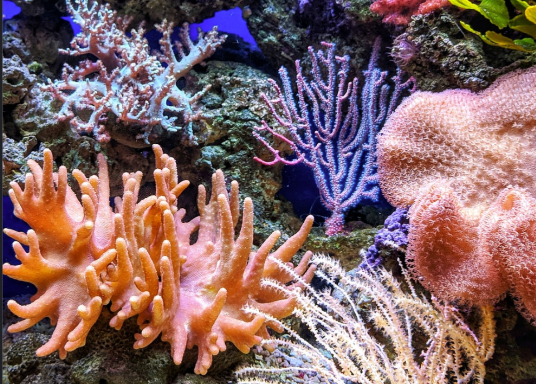
Koraller





